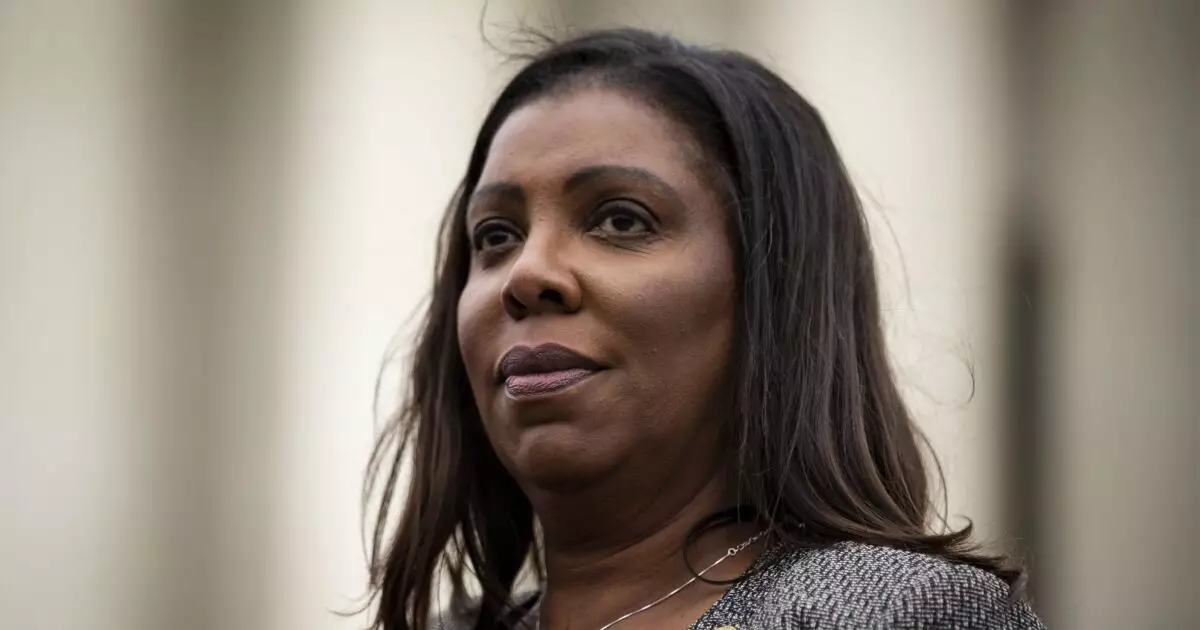The ongoing legal struggle between Democratic states and the Trump administration highlights the contentious landscape surrounding federal funding and the implications of executive control over financial resources. The Rhode Island district court recently ruled that the Trump administration has breached a judicial order to restore federal funds to states, resulting in heightened tensions and a series of legal maneuvers that showcase the complex interplay between different branches of government and the socio-political divide within the nation.
In a dramatic move, District Judge John McConnell’s recent decision stemmed from a January 27 memorandum issued by the Office of Management and Budget (OMB) which effectively froze all federal funding directed at states and cities. This memorandum was particularly contentious as it came on the heels of a surge in national advocacy for more equitable funding distribution, especially in areas tied to infrastructure and environmental initiatives. Judge McConnell’s ruling, recognizing the freeze as potentially unconstitutional, sheds light on the alarming precedent being set regarding the balance of power and the judiciary’s role in curtailing executive overreach.
At the heart of the lawsuit filed by 23 Democratic states is a detailed concern over the cessation of federal funds essential for various programs, notably those linked to the Inflation Reduction Act (IRA) and the Infrastructure Investment and Jobs Act (IIJA). The judge’s assertion that the broad freeze is likely to result in “irreparable harm” underscores the severity of this funding disruption.
The Trump administration’s justification for this freeze revolved around the purported need to root out fraudulent activity within the allocation of federal funds. However, Judge McConnell countered this argument, emphasizing that the blanket nature of the funding stoppage stemmed from a “broad categorical order,” rather than any substantiated findings of fraud. This judicial critique speaks volumes about the tensions arising from political motivations obscuring financial governance.
Additionally, the unraveling legal situation is aggravated by other lawsuits spearheaded by unions and non-profit organizations aimed at challenging not only the funding freeze but also the administration’s methods of engaging federal employees. The ensuing chaos reflects deep divisions and raises questions about executive accountability and the legitimacy of expansive governmental powers.
The intervention of various non-profit coalitions and unions illustrates a broader movement against perceived governmental malfeasance and the administration’s unsettling actions during its tenure. For instance, the involvement of organizations disrupting the previously unassailable systems of federal funding processing illustrates the growing pushback against changes perceived to centralize power within specific political appointments.
This battle over funding isn’t merely a financial issue; it’s emblematic of a larger ideological clash. The ongoing attempts to restrict access to essential federal funding for climate programs and clean energy initiatives reflect the administration’s broader agenda, which often runs counter to the priorities of the states seeking to implement progressive policies.
As the situation intensified, U.S. District Judge Paul A. Engelmayer took additional measures to block the access of an advisory group run by Elon Musk to the Treasury Department’s payment systems, further complicating the administration’s efforts. This has led to a significant legal debate surrounding the powers afforded to political appointees versus career civil servants. In this clash, the administration has put forth a contentious argument that doing so encroaches upon the executive branch’s constitutional authority.
This multi-faceted struggle reveals how the legal dimensions of federal funding are intricately linked to broader constitutional debates about authority and governance in America. The forthcoming hearing on February 14 will likely serve as a critical juncture in this unfolding saga, providing the potential for significant legal precedents about the limits of executive power and the judiciary’s role in ensuring that constitutional principles are upheld.
As states rally against the Trump administration’s funding freeze, the implications stretch far beyond fiscal policy, touching on constitutional rights, the principles of governance, and the potential for precedent-setting judicial rulings. The outcome of these legal battles will be pivotal in shaping the future dynamics of federal-state relations and reinforcing or recalibrating the distribution of power within the federal framework.


Leave a Reply